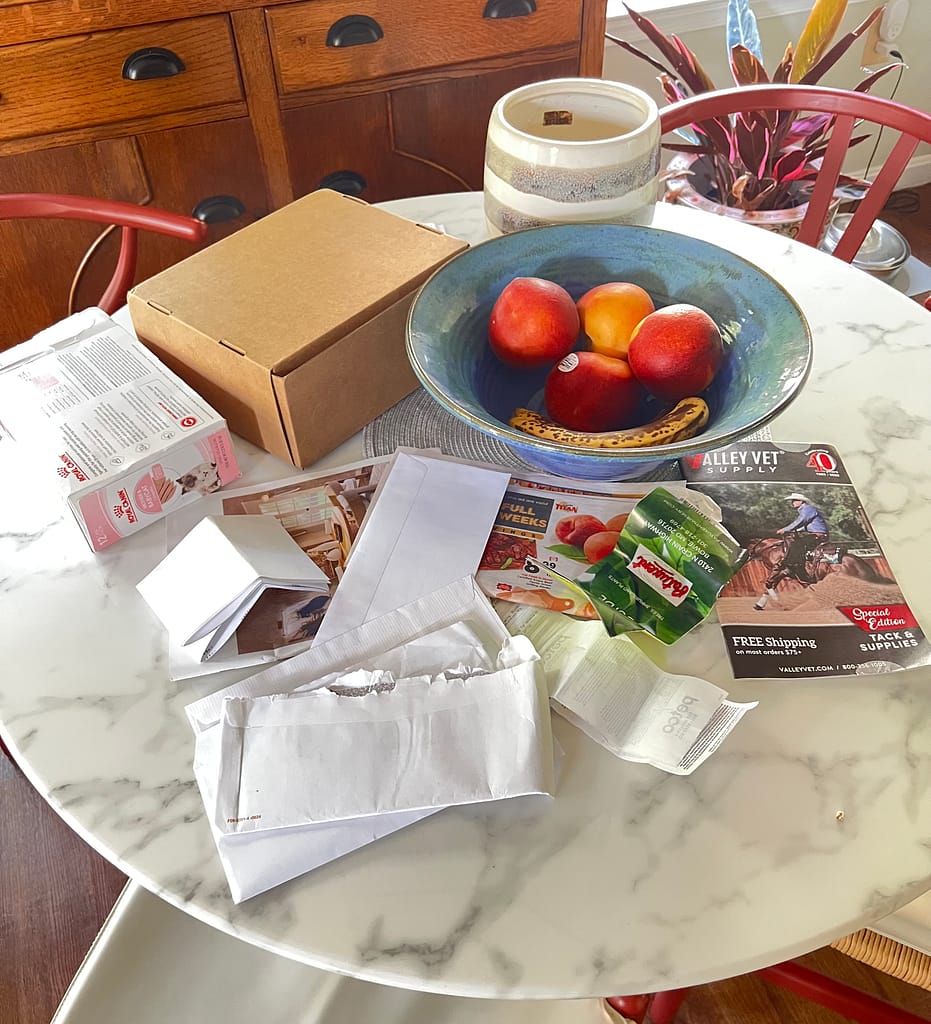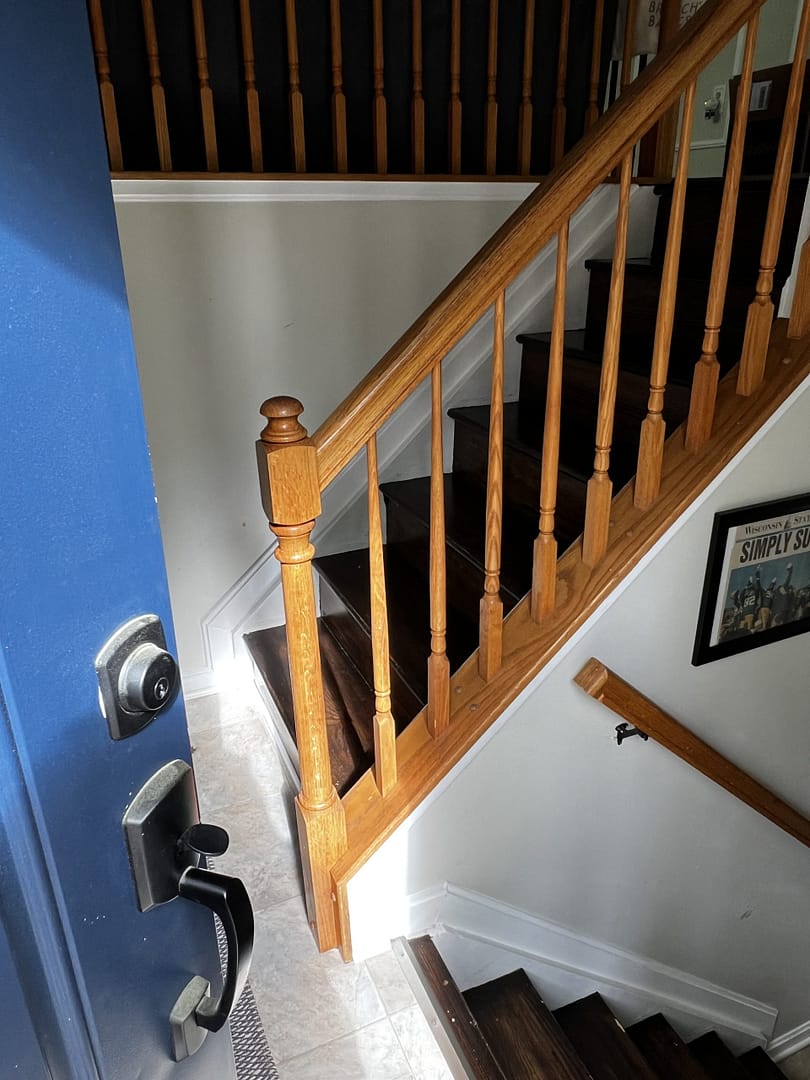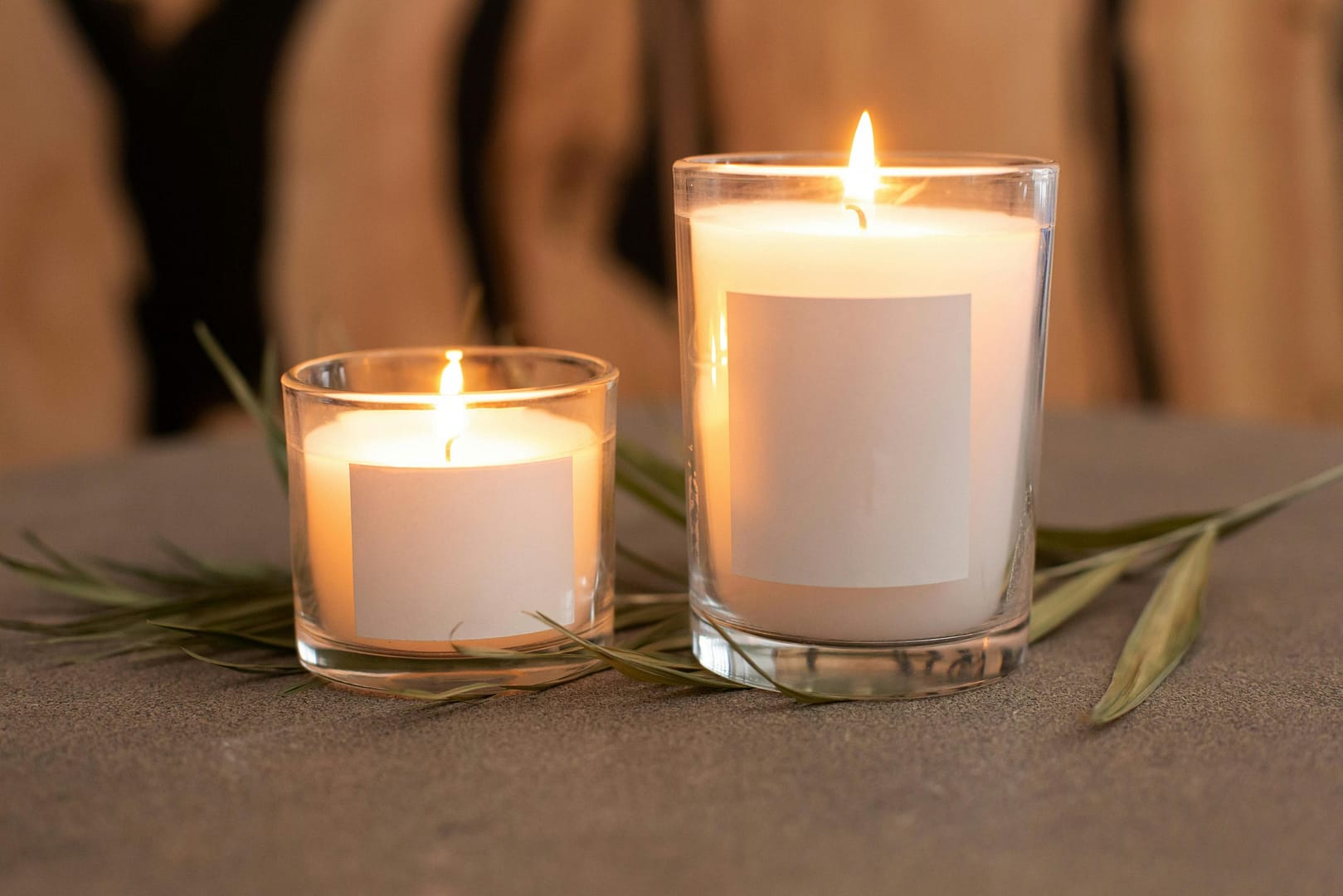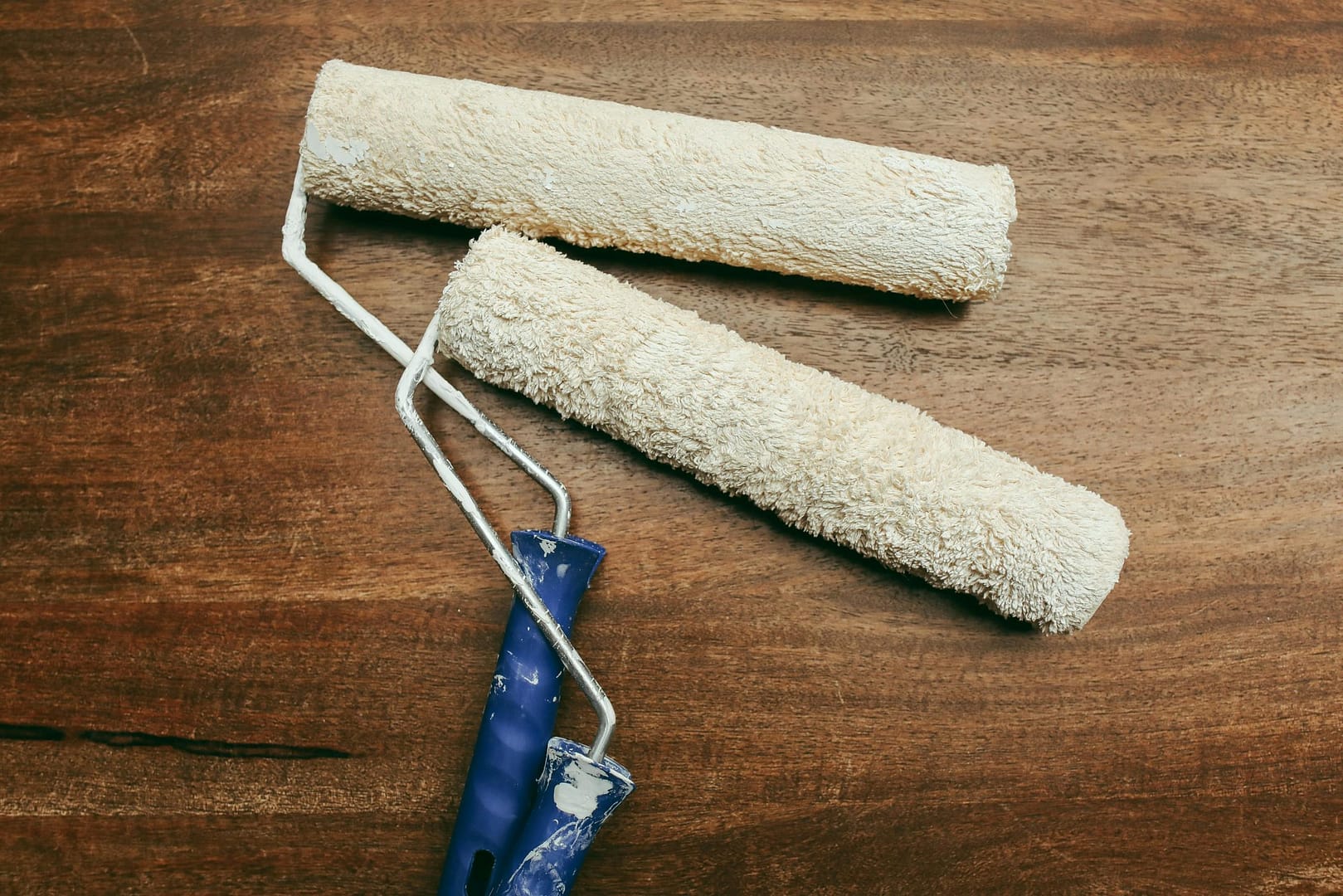Your Home Talks to Your Body
Even when life feels chaotic, your body is still tuning in to your surroundings. The cluttered counter, the pile of unfolded laundry, the constant buzz of artificial light — these aren’t just background noise. They quietly signal to your nervous system that things aren’t safe, settled, or supportive. Lately, I’ve caught myself clenching my jaw — and traced it back to the ever-growing stack of papers on our kitchen table. In this post, we’ll explore how your home environment may be adding to your stress in subtle ways — and how to begin shifting that, even in the middle of a very real, very full life.
What’s one part of your home that instantly makes you tense when you walk by or walk in?

1. Noise and Stimulation Overload
We often accept background noise as normal — the hum of appliances, phones pinging, TVs droning in another room. But your nervous system doesn’t ignore it. Constant sensory input can keep your body in a mild but persistent state of alert, which over time wears you down.
The silence always feels loud at first. I used to come home from my shifts, let the dog out, and still hear the pumps beeping out in the darkness of the backyard. Eventually, I started turning the radio off during the drive home — almost to decompress my eardrums from the day. Even now, with my hospital days behind me, I find myself seeking quiet the moment that pressure builds near my ears.
Try This: Turn off unnecessary notifications. Pause the TV. Choose soft instrumental music or silence for part of the day.
When was the last time your home felt truly quiet? How did your body respond to that silence?
2. Visual Clutter Equals Mental Clutter
Mess doesn’t just look overwhelming — it feels overwhelming. Your brain processes each item in view, even if you aren’t actively thinking about it. That pile of mail, the unfinished project, the dirty dishes — they all send your brain messages of “not done yet,” which can keep you feeling scattered.
When clutter starts to build up — especially on the kitchen table — I can feel my whole body tense. That one growing pile of papers somehow starts to represent everything I haven’t done. It’s like a visual to-do list that never stops whispering in the background. I’ll walk into the room to grab a snack or refill my coffee and suddenly feel distracted or irritable, even though nothing new has happened.
Sometimes I avoid sitting down at the table altogether, even if I need to. Other times I snap at people I love for small things, not because they’ve done anything wrong, but because I already feel overwhelmed before the conversation even begins. My focus disappears. I feel stuck, like the clutter is confirming that I’m behind, not in control, or failing to keep up — even when the rest of the house is fine. It’s a subtle but steady drain on my nervous system.
Try This: Pick one surface to clear and keep clean this week. Not everything — just one.
What area of your home most reflects how your brain feels right now?
3. Disrupted Flow or Layout
When furniture blocks walkways or things are constantly in the wrong place, your body has to compensate. That might mean bumping into things, moving awkwardly, or feeling irritated every time you pass a space that just doesn’t work. While these are obvious indicators of how your home affects you body, others may be not so loud.
There’s a stretch of hallway in our home where the builders just… gave up. One side has trim — the classic chair rail molding like they were trying to give the space a little formality — and then the other side? Absolutely nothing. Just a blank wall, like it didn’t count or no one would notice. Every time I walk through it, I feel slightly off. It’s like an unfinished sentence — visually jarring, low-key irritating, and a reminder that this space wasn’t thoughtfully finished. It makes the hallway feel more like a leftover space than a part of the home. And honestly, it subtly messes with my mood. I avoid decorating it because it already feels “wrong,” but that only makes it worse. It’s amazing how one forgotten detail can make you feel like the space isn’t fully yours — or fully worth tending to.
Try This: Rearrange one small zone so it feels smoother — your coffee station, nightstand, or entryway.
Where in your home do you feel tension in your body — even if you can’t quite name why?
Join the 138 Jenny Lane Community
Sign up to receive new posts, sale alerts, and exclusive giveaways in your inbox!
4. Air, Light, and Temperature
Poor ventilation, artificial lighting, and temperature extremes wear on your body over time. Dry air, harsh overhead bulbs, or hot stagnant spaces can all push your nervous system into discomfort or irritation.
I’m an airflow and temperature snob — I’ll admit it. If a space is stuffy, dim, too hot, or too cold, my entire body starts protesting. I get fidgety. My brain fogs. My shoulders tense up, and I cannot focus. It’s like my nervous system throws up its hands and says, “We’re not doing this.” I’m Goldilocks-level picky about the environment — the lighting has to be soft but not gloomy, the air needs to move but not drafty, and the temp has to be just right. What helps? Windows cracked just enough for a breeze, a quiet fan in the background, and natural light whenever I can get it. When the space feels fresh and balanced, I do too.
Try This: Open a window. Swap one bulb for a softer light. Add a small fan or scent you love.
Which room in your home feels hardest to breathe in — literally or emotionally?
5. Unfinished Projects = Mental Weight
Every half-painted wall or half-built shelf isn’t just visual clutter — it’s a mental “to-do” that lingers. And when those projects stall, they can make your entire home feel like it’s in limbo, which often spills into your own energy.
The entire Jenny Lane Project is on hold. Again. Our contractor finally got back to us… only to disappear just as fast. And somehow, the pause feels louder than any demo noise could’ve been. Every time I walk past the half-finished plans or the room we meant to start with, there’s this weight to it — like the space knows it’s waiting too. It’s hard to feel settled when everything feels in limbo. The vision is still there, but right now the silence is the loudest part of the renovation.
Try This: Write down 3 unfinished projects. Choose one micro-step for just the first one.
Which unfinished home task drains you the most? Why do you think that is?
Gentle Shifts, Not Perfection
Your home doesn’t have to be perfect to support your body. It just needs to respond to you. Start by noticing where you hold tension. Where your body tightens or sighs. That awareness is the first step to building a home that doesn’t just look good — but actually feels safe, grounded, and healing.
Comment below! What’s one small shift you can make this week that helps your body breathe easier in your space?





